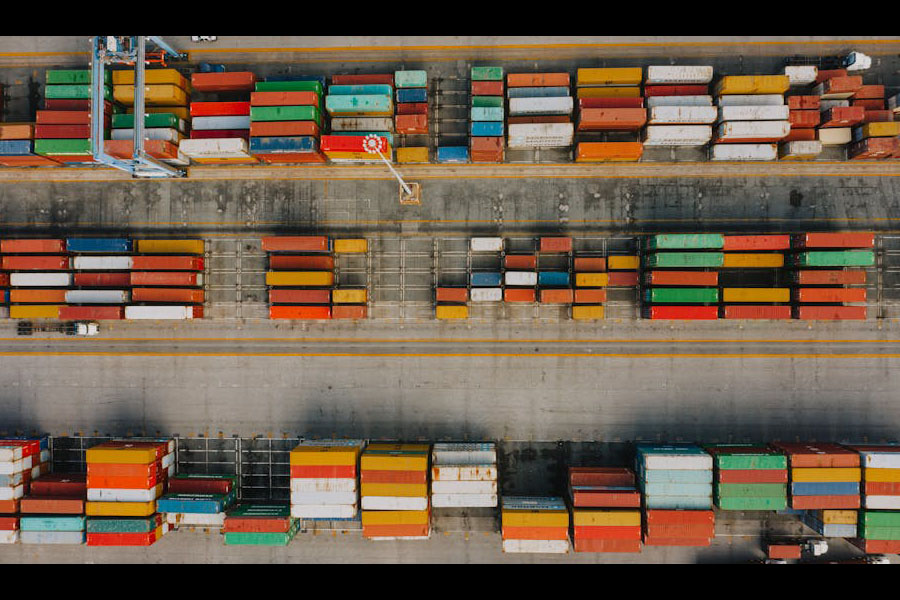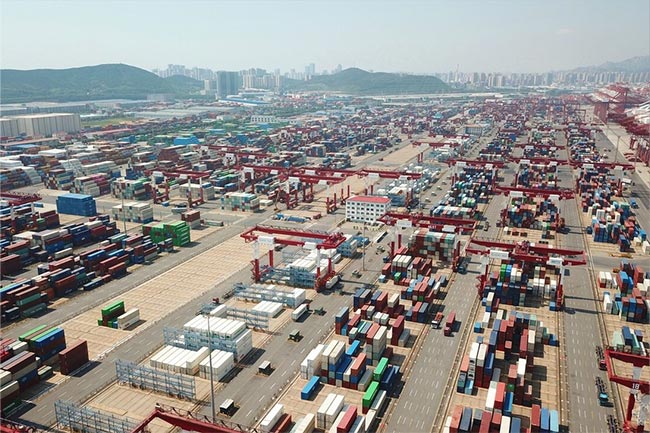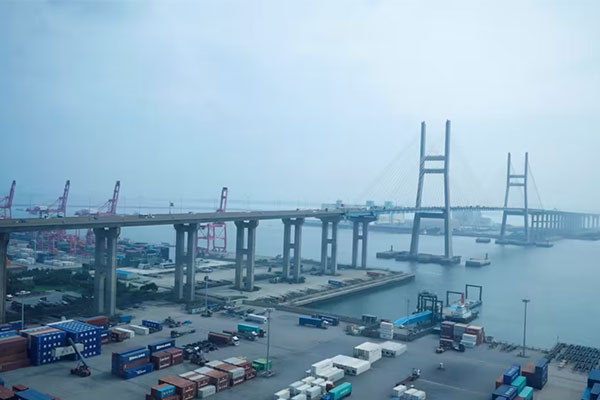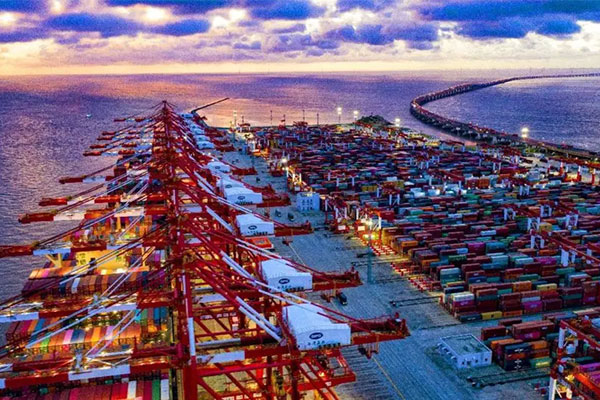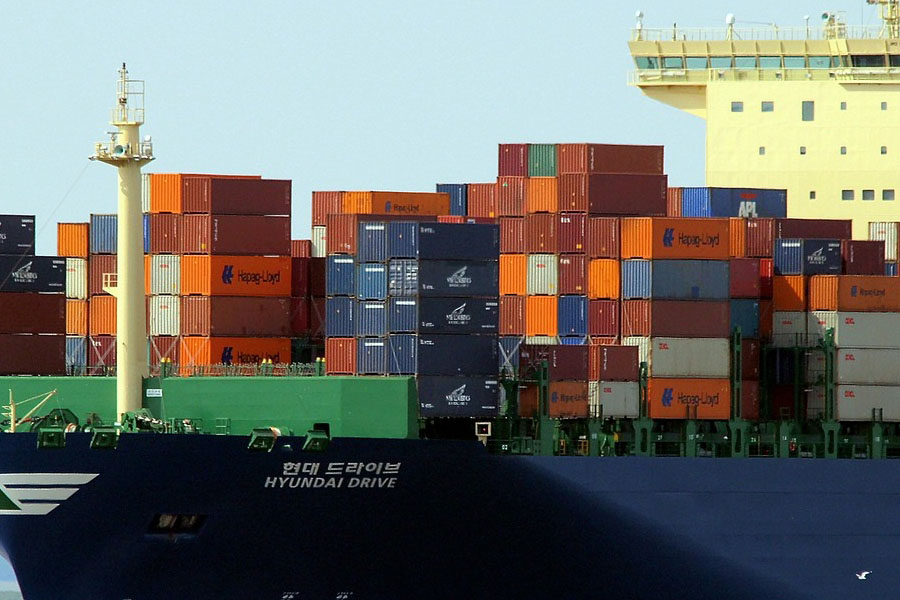- 20 Years of Expertise in Import & Export Solutions
- +86 139 1787 2118
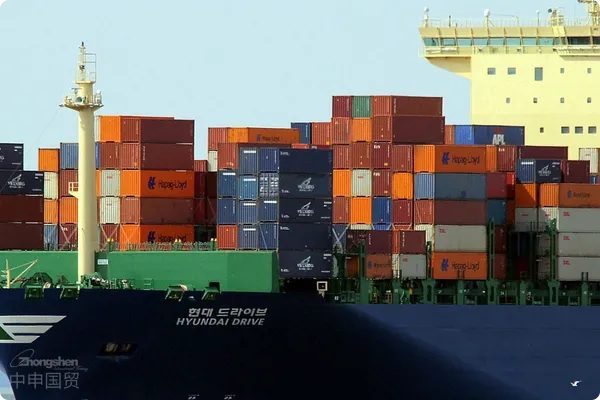
What exactly is the difference between self-operated export and agency export?
According to the latest data from the General Administration of Customs in 2025, China has?Import/export?Among enterprises with actual performance, 63.2% chose agency services to complete their first export order. The key differences are reflected in:
- Qualification threshold: Self-operated export requires the completion of a full set of qualifications, including customs registration, electronic port, and foreign exchange account (taking approximately 45 working days).
- Occupancy of funds:The agency company can advance the tax refund (approximately 13% of the cargo value), reducing the enterprise's capital turnover cycle by 60-90 days.
- Risk management and control: In international trade dispute cases in 2024, 78% involved discrepancies in documentation, and professional representation can reduce compliance risks.
What specific issues can an agency help me resolve?
Taking the 217 manufacturing enterprises we have served as an example, the core values of an agency company include:
- Customs Clearance Issue Resolution:
- HS code classification disputes (327 cases handled annually)
- ?Certificate of Origin?Application (ASEAN FORM E pass rate of 98.7%)
- Logistics Optimization:Reduce shipping costs for small batch orders by 42% through LCL services.
- : Offer comprehensive after-sales service to improve customer satisfaction.:?E-commerce?The tax refund processing time for the 9810 model has been shortened to 15 days.
Will the agency fees eat into my profits?
The 2025 industry fee schedule indicates that a reasonable fee structure should include:
- Basic service fee: 0.6%-1.2% of the cargo value (depending on product complexity)
- Financing interest: Reference the LPR rate with an upward adjustment of 10%-15%.
- Documentation fee: Each set costs 200-800 RMB (including special requirements such as embassy certification)
It is worth noting that professional agents achieveCentralized procurement of freight costsIt can reduce overall logistics costs by 18%-25%, and this portion of savings often exceeds the service fee expenditure.
How to determine if an agency is reliable?
It is recommended to evaluate from three dimensions:
- Compliance record: Check AEO certification status (the 2025 new version of certification standards has been implemented)
- Service network: Does the key port have its own customs clearance team (not outsourced)?
- Risk planPlease provide trade dispute cases handled in the past 2 years.
Special products?Export Agency?What's the difference?
Our experience with typical special commodity cases demonstrates that:
- Dangerous goods: It is necessary to confirm that the agent has IMDG CODE certification.
- Food category: The FDA/FCE registration cycle can be shortened to 20 working days.
- Lithium battery: The UN38.3 test report must be issued by an ILAC-accredited laboratory.
What requires special attention when exporting to emerging markets?
For the fastest-growing African and Middle Eastern markets in 2025:
- Customs clearance discrepancy: The Saudi SABER certification requires preparation 14 working days in advance.
- Payment risks:Countries such as Algeria mandate payment via Letter of Credit.
- Logistics solution: During port congestion in East Africa, it is advisable to opt for Dar es Salaam + railway distribution.
I heard there are AI customs declaration systems now. Do we still need agents?
Although the smart customs clearance system will cover 85% of routine declarations by 2025, the following scenarios still require manual intervention:
- Dispute Appeal for Classification (AI Accuracy Only 79.3%)
- Royalty payment declarations
- Adjustment of Processing Trade Verification Discrepancies
One of our service clientsMedical DevicesThe company successfully adjusted the commodity tax rate from 8% to 3% through professional declaration, saving 270,000 yuan in taxes per invoice.
Resources
Contact Us
Email: service@sh-zhongshen.com
Recommended for You
Contact via WeChat

? 2025. All Rights Reserved.
